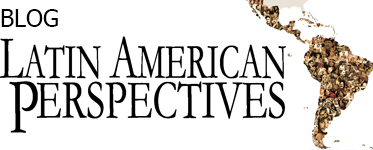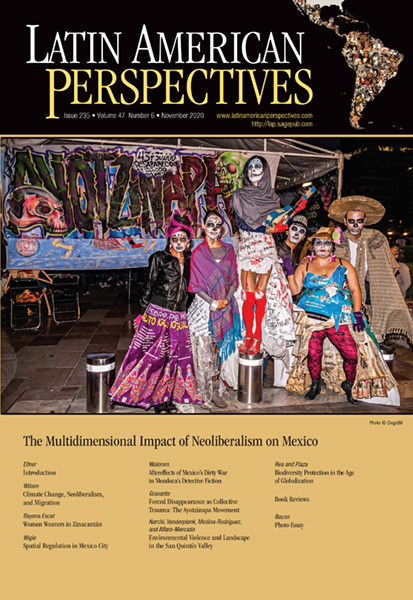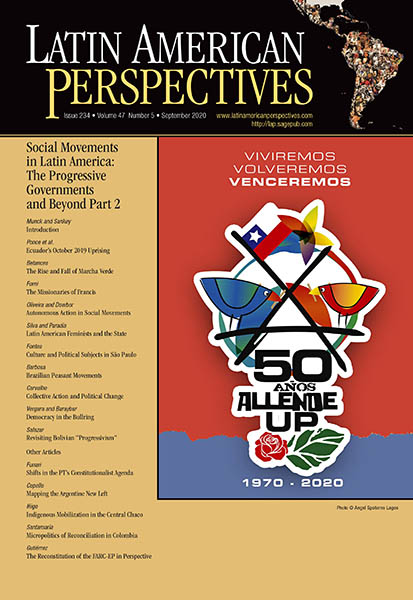Political Report # 1452 A Global Police State is Emerging as World Capitalism Descends Into Crisis
Political Report # 1452 by William I. Robinson, Pluto Press The following is an extract from the Introduction to The Global Police State, a new book by William I. Robinson that was released early this fall by Pluto Press. In her novel Everything is Known, Liza Elliott describes a future dystopia where five global mega corporations, dubbed Affiliations, rule the planet. “Infested with the inescapable surveillance industry, the five global Affiliations manipulated Big Data to commodify and commercialize all human activity for profit.” The Affiliations had subordinated states to their domination: “George Orwell got it wrong. Big Brother did not come from a totalitarian state, but from a totalitarian non-state.” Big Data was “a relentless cybernetic grandmaster who with sneaky eyes and listening ears spied on everything: your clothes, your friends, recording every word you spoke or wrote. It kept account of all this and more to amass the info power it needed to control the market, the heartbeat of the money economy.” The world’s population had become divided into three segregated social clusters, the members of the Core, the Peripherals, and the Outliers who comprised a majority of humanity: Outliers were the discarded people. If they could not [...]




